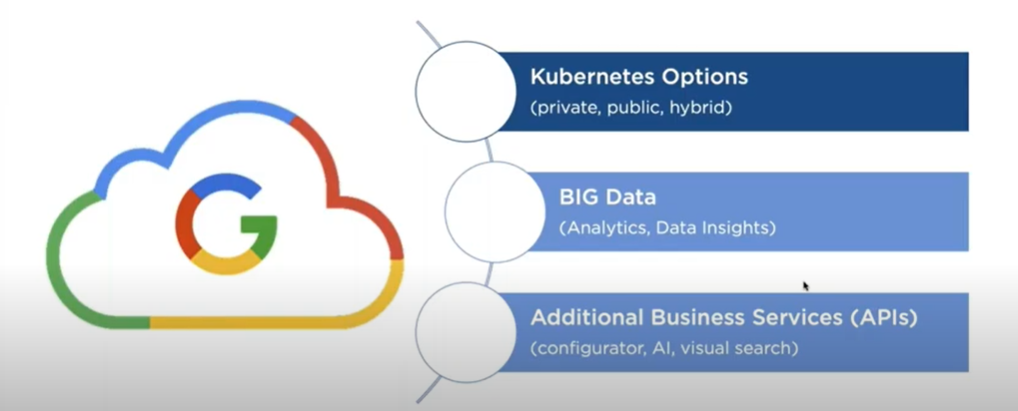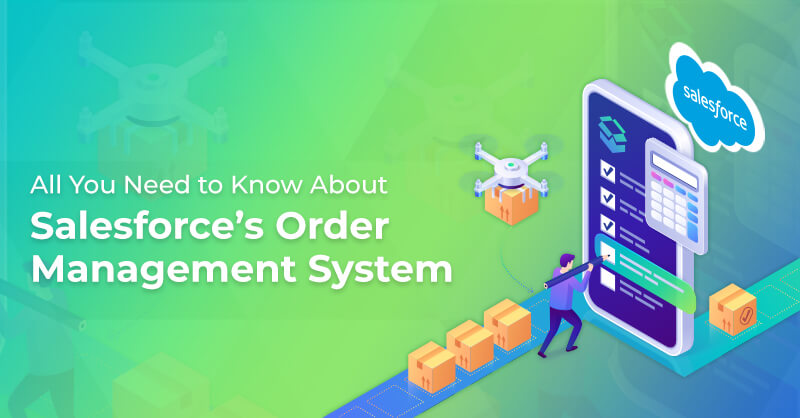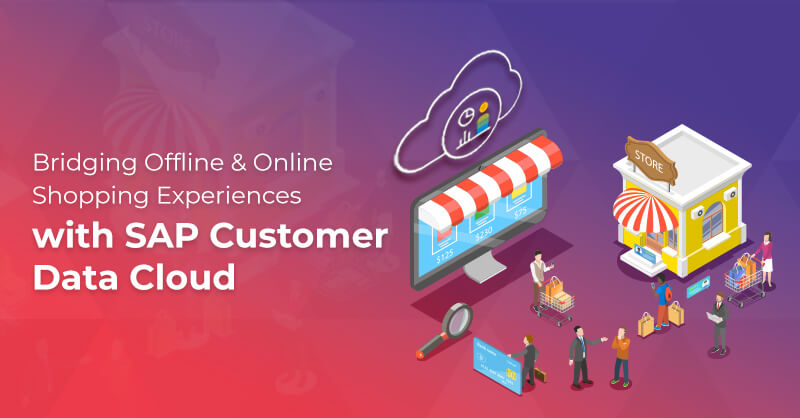HCL Commerce v.9.1.x – It’s time to be Cloud Smart
Written by Manpreet Kaur
Content WriterHCL Commerce offers a rich array of capabilities that enable B2B and B2C business models to deliver seamless customer experiences. The upcoming generation of commerce is cloud native. HCL Commerce provides the ultimate freedom and empowers businesses to move their digital commerce platform to diverse clouds, based on the business objectives. In this blog, we highlight why businesses should implement HCL Commerce for their eCommerce needs. For this, it is essential to first understand cloud and cloud computing.
The cloud is a central location where software, storage, server, analytics, and databases work together over the internet to offer faster innovation, resource flexibility, and scalability. In addition, users can access files and applications from almost any device since they are stored on servers instead of the user machine. Cloud computing is the on-request delivery of computing resources over the cloud irrespective of the physical hardware boundaries.
Power of Cloud in eCommerce
Cloud computing is a strong base for the eCommerce industry amid the chaos of overnight business transformations. In addition, the technology allows businesses to enhance their reach with social media promotions without spending too much on upgrading infrastructure. As a result, cloud computing is cost-effective, making it a worthy business investment compared to an in-house server system.
Cloud computing plays a vital role in the research and development of a business. Therefore, it is critical to understand the market inclination to make the right decisions at the right time to ensure business growth. It also allows businesses to pay for what they utilize. Hence, it is a cost-efficient solution since the space is occupied depending on the upward and downward demand of the business. In contrast, setting up a separate department to handle and maintain data, increases costs resulting in companies saving time and effort in managing resources. Flexibility is another critical attribute as it eliminates the need to block resources and capital to purchase space for data.
Google Cloud Platform
Google Cloud Platform (GCP) consists of cloud computing services, physical and virtual assets, that are staged in Google data centers worldwide. Data center locations are based on regions, which are in the following continents – Asia, Australia, Europe, North America, and South America. Furthermore, every region consists of zones separated from each other. Some of the prime features of Google Cloud Platform include on-demand services, resource pooling, extensive network access, and measured consumption. Through Google Cloud Console, businesses can manage:
Computing and hosting
Storage
Database
Networking
Machine Learning
Why Google Cloud Platform is Important
Google Cloud Platform is a fully featured cloud platform packed with various capabilities that make it a preferred choice for businesses to walk on the path of innovation and growth. The main advantages of the Google Cloud Platform include:
Flawless Performance
Economical
Good Response Time
Live Migration
Continuous Global Expansion
Enormous Networking Capabilities
Scalable
Easy Collaboration
Security and Privacy
Continuous Backups
Google Cloud in HCL Commerce v 9.1.x
As described in HCL Commerce’s TechTalk – “A cloud platform and its underlying capabilities are like the conductor who waves his baton and keeps all the players and their instruments in harmony. It allows you to focus on the music, on the experience. The Customer Experience!”
GCP offers tremendous capabilities to build cloud-native applications. The benefits of GCP for customers specifically using HCL Commerce are:
- Kubernetes options such as private, public, hybrid, and native Kubernetes
- Big Data analytics and insights capabilities
- Additional business services and APIs such as a configurator
- Support for Artificial Intelligence

HCL Commerce introduces cloud-native commerce, which deals with how applications are built and run using the cloud as a delivery mechanism. Cloud-native applications are possible due to the containerization feature, enabling software companies to design distributed and scalable architectures that work on diverse cloud infrastructures. In addition, they have been explicitly designed for the cloud, allowing users to harness the full potential of the cloud infrastructure. Cloud-native applications are automated and are designed on the following principles – Microservices, API-first, Cloud-native, Headless, and Advanced Extensibility.
Developers can use development strategies that drive innovation and incorporate advanced features to surpass competitors. Also, it allows the creation of unique customer experiences with rich customization options. Controlling online commerce is of utmost importance and cloud-native commerce provides businesses with complete control and flexibility.
What separates cloud-native from simply cloud-enabled is the underlying approach to creating applications. Cloud-native applications also benefit from underlying IaaS services – such as Artificial Intelligence baked into AWS, Azure, or GCP – instead of datacenter solutions modified for the cloud environment. Cloud-native applications have uniquely distributed and scalable architectures, which can adapt more quickly to a constantly changing environment.
Are you planning to deploy the benefits of HCL Commerce to build a seamless cloud-ready storefront? Royal Cyber offers an easy transition to the cloud-native architecture while upholding all the critical aspects of your business. Contact our certified professionals to know how we can help.



